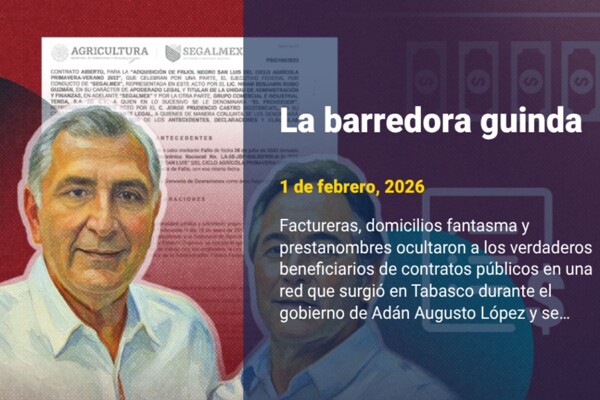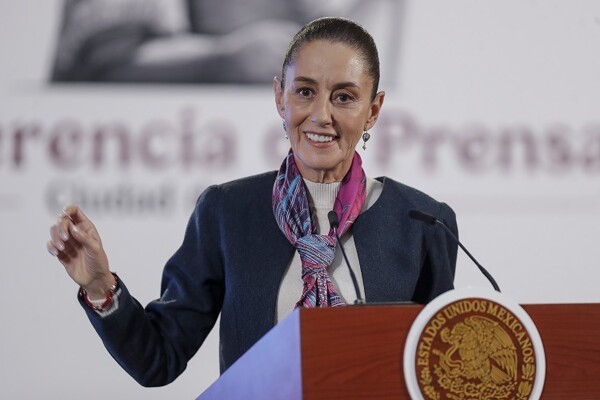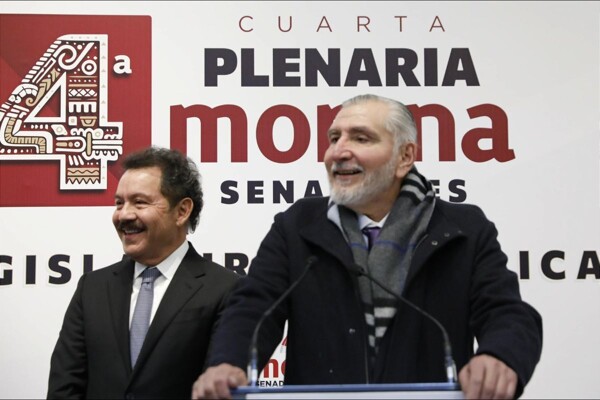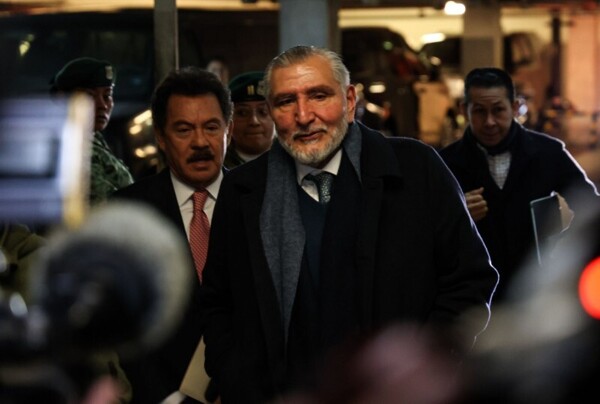
In Mexico, President López Obrador has applied pressure on various civil organizations selectively to bend those who do not align with his interests. Both he and the head of government of Mexico City, Claudia Sheinbaum, have carried out actions that have weakened the Judiciary in the country.
For some years now, it was considered in Mexico that it would not reach authoritarian extremes like those of Venezuela. However, López Obrador has confronted organized civil society from the beginning, constantly attacking it. Despite this, some organizations have remained steadfast, facing the consequences of their resistance.
In parallel, in the United States, President Trump has adopted a similar official narrative in his messages and speeches, reflecting certain similarities with López Obrador's morning briefings. Both leaders have used decrees and executive orders to impose their decisions, even ignoring legal limits in some cases.
On the international stage, Trump has generated controversy by confronting allies and yielding to enemies, leading to questions about respect for fundamental democratic principles. The concentration of power in the Executive and the intimidation towards any form of opposition have been shared characteristics of both leaders.
In the Mexican context, López Obrador has made unilateral decisions, such as the cancellation of the airport in Texcoco and the issuance of unconstitutional decrees. Meanwhile, in the United States, Trump has signed numerous orders that have had repercussions on various aspects of society and international relations.
The disappearance of official information, the disregard for life and dignity of people, as well as data manipulation, are concerning elements present in both administrations. The similarity in actions and speeches between both leaders has raised concerns within civil society, both in Mexico and the United States.
Amid these controversies, the resistance of democratic institutions and civil society becomes relevant to stop possible authoritarian inclinations. It is essential to pay attention to events and the impact that the decisions of the rulers may have on the population and on the validity of democracy.














